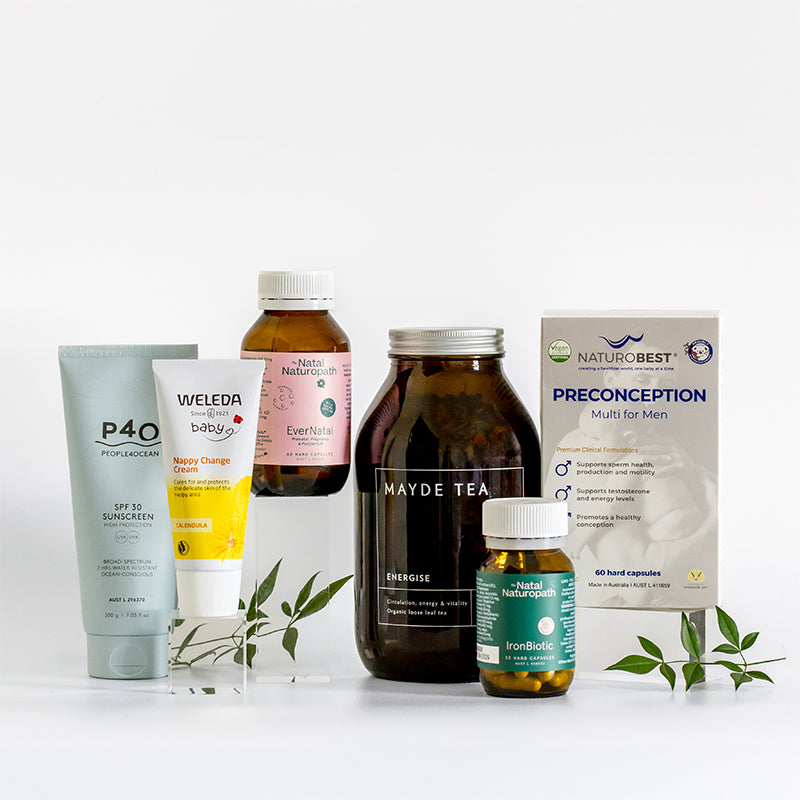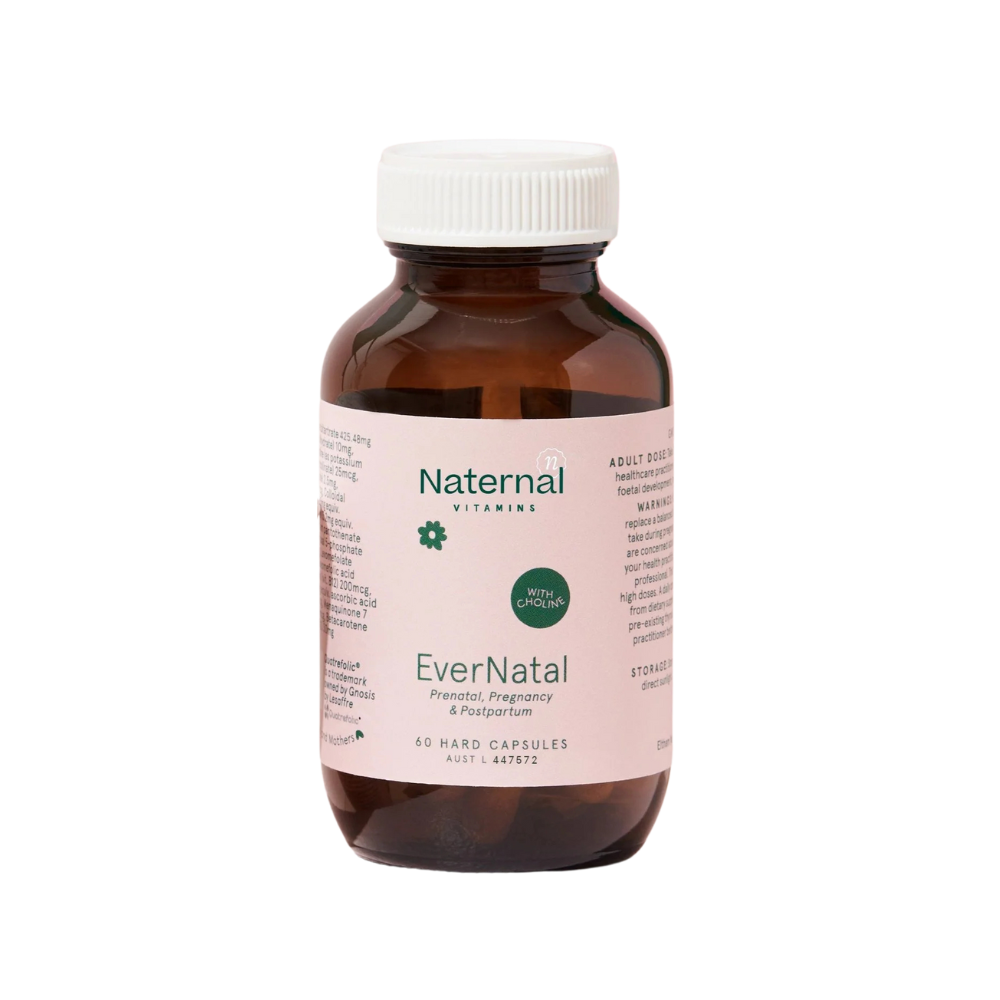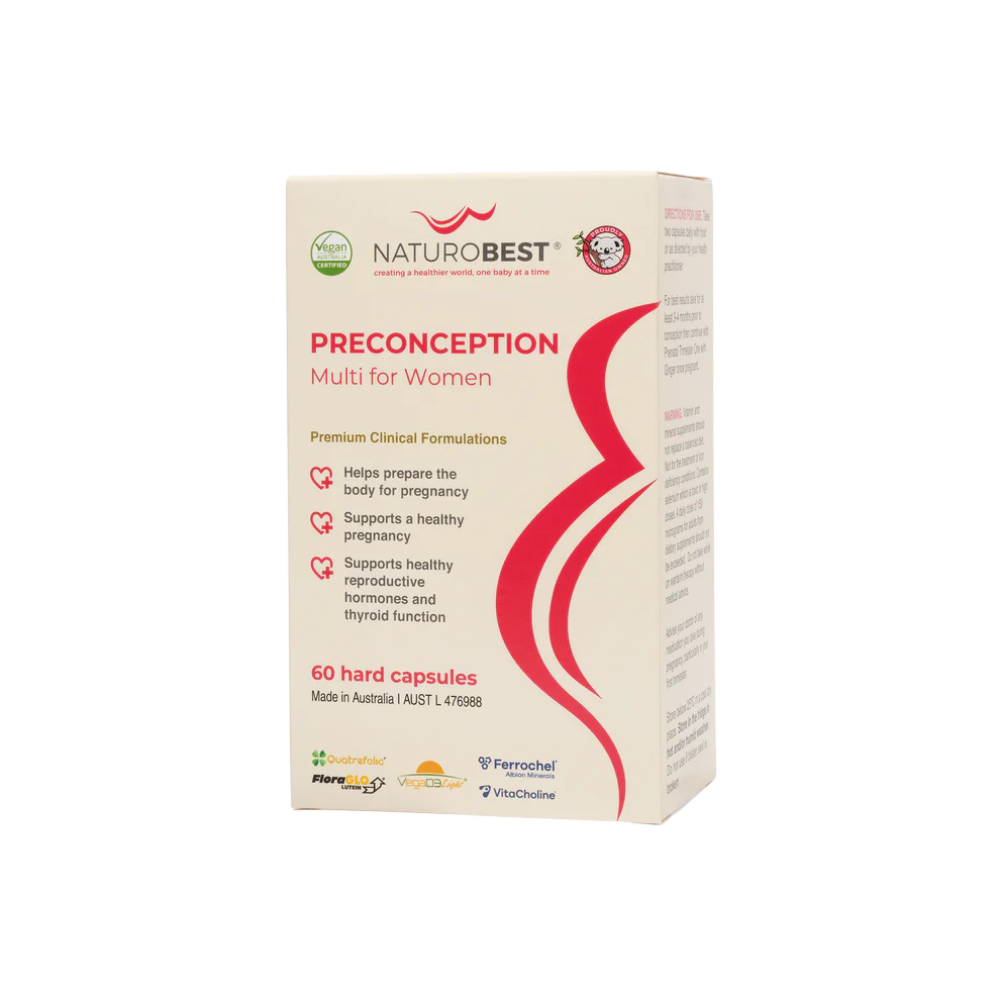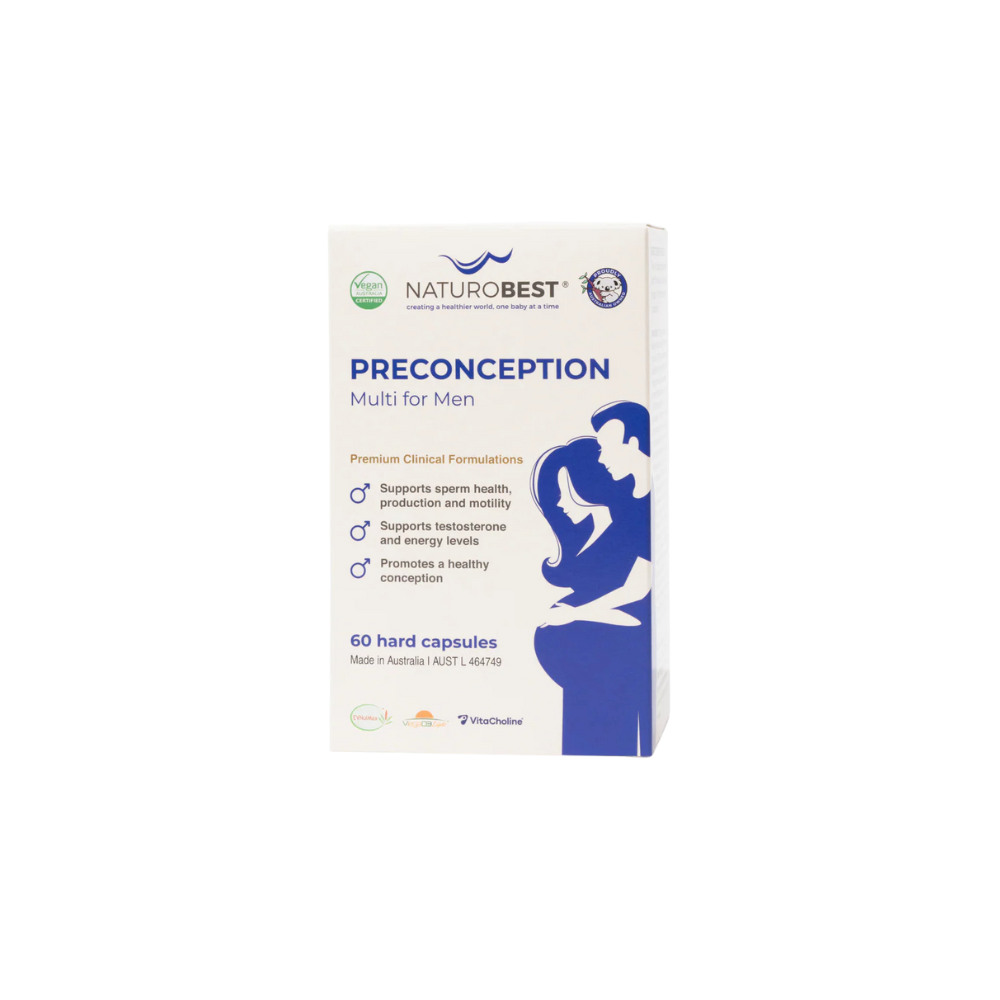In a world where stress, environmental toxins, and sedentary lifestyles have become the norm, it's not uncommon for individuals to experience challenges when it comes to fertility. While modern medicine offers advanced solutions, many are turning to natural and holistic approaches to improve their fertility. As a naturopath, I am often asked, "How can I improve my fertility naturally?" In this blog post, we will explore some key strategies to support your reproductive health through natural means.
- Nutrient-Rich Diet:
The foundation of fertility begins with what you put into your body. A well-balanced and nutrient-rich diet is crucial for reproductive health. Include plenty of fruits, vegetables, whole grains, and lean proteins in your meals. Foods rich in antioxidants, such as berries, leafy greens, and nuts, can help protect your reproductive cells from oxidative stress. Additionally, omega-3 fatty acids found in fish, flaxseeds, and walnuts are beneficial for hormonal balance.
- Maintain a Healthy Weight:
Achieving and maintaining a healthy weight is essential for fertility. Both underweight and overweight individuals may face challenges in conceiving. Excess body fat can lead to hormonal imbalances, while too little body fat may disrupt the menstrual cycle. Aim for a Body Mass Index (BMI) within the normal range, and engage in regular physical activity to support overall well-being.
- Manage Stress:
Stress can have a profound impact on reproductive health by disrupting hormonal balance. Incorporate stress-reducing practices into your daily routine, such as meditation, deep breathing exercises, or yoga. These activities can help calm the nervous system and create a more harmonious internal environment for fertility. This can also be addressed in my clinical practice with types of herbs called adaptogens which helps you body handle stress better and can reduce cortisol levels.
- Herbal Support:
Certain herbs have been traditionally used to support fertility. Vitex (Chaste Tree), Maca root, and Tribulus are known for their potential to regulate hormonal balance and enhance reproductive function. However, it's crucial to consult with a qualified naturopath or healthcare provider before incorporating herbs into your routine, as individual responses may vary.
- Avoid Environmental Toxins:
Limit exposure to environmental toxins that can negatively impact fertility. Minimise the use of plastic containers, opt for organic produce to reduce pesticide exposure, and choose natural cleaning products. Additionally, be cautious about exposure to endocrine-disrupting chemicals found in certain cosmetics and household items.
- Balanced Hormones:
Hormonal balance is a key factor in fertility. Ensure that your thyroid, adrenal, and sex hormones are within healthy ranges. Regular check-ups with a healthcare provider or naturopath can help identify any imbalances and guide you toward appropriate interventions.
- Timing and Awareness:
Understanding your menstrual cycle and identifying your fertile window can significantly increase your chances of conception. Natural family planning methods, such as tracking basal body temperature and cervical mucus changes, can help you pinpoint the most fertile days in your cycle.
Improving fertility naturally involves a holistic approach that addresses various aspects of your lifestyle and well-being. By adopting a nutrient-rich diet, maintaining a healthy weight, managing stress, incorporating herbal support cautiously, avoiding environmental toxins, and ensuring hormonal balance, you can create an environment conducive to reproductive health. Remember, the journey to enhanced fertility is unique for each individual, and consulting with a naturopath or healthcare professional can provide personalised guidance on your path to parenthood.







